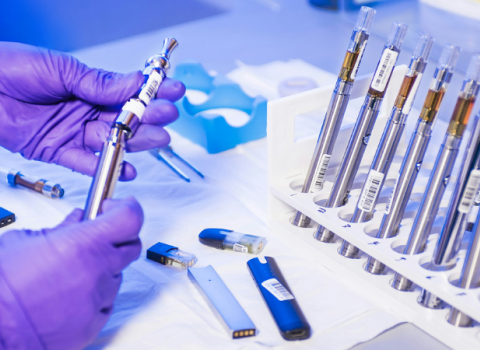What is white biotech? Can it save the planet?
It isn't often that you come across a new area of technology that has clearly been around for a while. But that is how it was with "white biotechnology".
We came across the term first in a press release on the Degussa website. This is about making bioplastics out of sugar beets, sugar cane and other renewable primary products. Degussa did the work with BRAIN, or Biotechnology Research and Information Network AG "an innovative company focusing on the discovery and development of novel enzymes and bioactives".
The press release doesn't tell us what they mean by white biotechnology, so it was off to Google. That took us to Europabio where we discovered different colours of biotech. Green biotech seems pretty obvious. Well up to a point.
Their definition describes this as "plant Biotechnology" which it describes as "a rapidly expanding field within Modern biotechnology. It mainly involves the introduction of foreign genes into economically important plant species, resulting in crop improvement and the production of novel products in plants."
It turns out that white biotechnology could also qualify as green technology, if you are thinking of environmentally acceptable biotech. "White Biotechnology is an emerging field within modern biotechnology that serves industry. It uses living cells like moulds, yeasts or bacteria, as well as enzymes to produce goods and services."
But that isn't really the same sort of definition as the one used to define, say, green energy. There green is effectively supposed to be synonymous with sustainable.
Actually, the definition of white biotech does borrow a phrase from the sustainability handbook. It says that "White Biotech can help to ensure that the future of coming generations is not compromised by today’s environmental problems."
Reading these definitions, we could end up with green green biotech and green white biotech. You might even have white green biotech. Very confusing.





 A unique international forum for public research organisations and companies to connect their external engagement with strategic interests around their R&D system.
A unique international forum for public research organisations and companies to connect their external engagement with strategic interests around their R&D system.